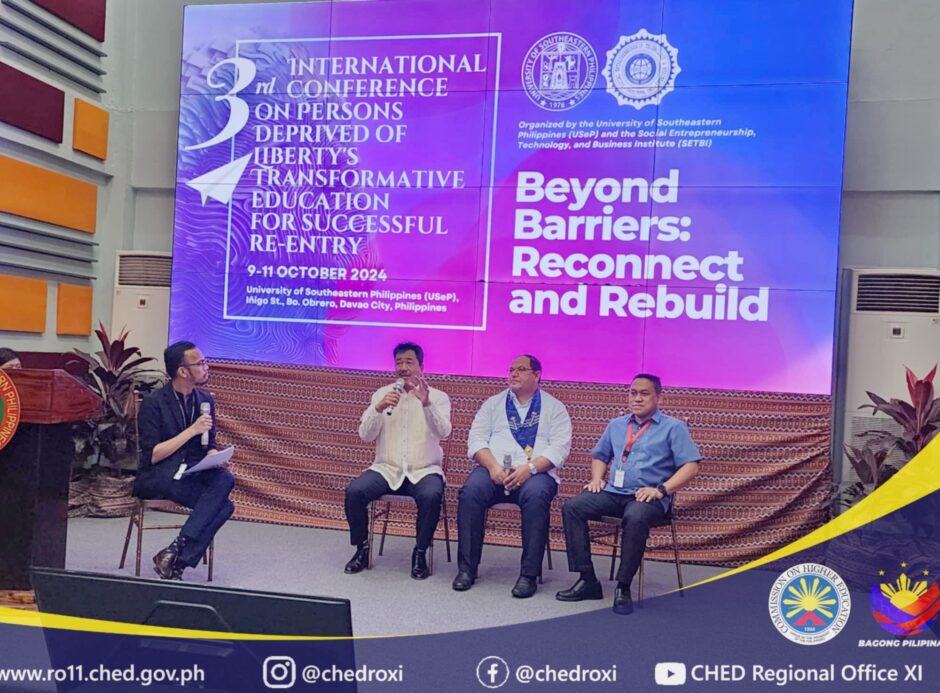The more we have emerging powers, the more we see their influences on the global stage. The new balance of power within the multi-polar world offers more potential conflict and gridlock. The meaning of polarity in international relations is distribution of power within the international system.
Also, there are several types of systems; an example of a unipolar system is the United States that has been the sole power. We saw bipolarity between the Soviet Union and the United States during the cold war. Now we have multi-polar systems with the examples of China, Russia, India, Brazil, Turkey and other players that completely depend on the distribution of power and influence of states regionally or internationally. For example, many Muslim countries have begun to ask what France is doing in Mali. We all know Mali is one of the poorest countries in Africa and one with a weak government. Although Mali is not a large and strong country, it does contain significant amount of natural resources. Mali is Africa’s third or fourth largest gold producers include precious stones, iron ore, manganese; copper, lead zinc and other resources made Mali a target of trouble.The crisis in Mali is not going to end soon with Jihadist getting the support from the local people. It may have an impact on the new government of Libya and its neighbors in a region where France’s intervention arouses bitter colonial memories and provides a rallying cry for Jihadists.
Can France eradicate the Jihadists there? Within two or three years France has carried our three military interventions. First, it made airstrikes in Libya that thwarted Muammmar Gaddafi. Later the French government intervened when the Cote d’Ivoire arrested President Laurent Gbagbo, who did not want to recognize the election results of his opponent and caused a civil war in that country. Now France has intervened in Mali. The French President says that France will stay in Mali as long as it takes to get rid of the Jihadists. France still considers Sub Saharan Africa and some Arab countries to be a natural sphere of political strategic influence, one that is necessary to maintain its position as a global power.
Another reason why France intervened in Mali alone is because France and Great Britain have strong military power in Europe and thus have the availability of weapons and personnel. If Europe would like to compete for leadership in the world, then the European Union must have military capabilities as a condition of power. For a long time, Europe was reluctant to develop a great military force, because the creation of Europe was more about encouraging harmony and peace by using soft power to influence the region, but Europe probably did not expect that today it would face real threats that can be contained only by military might to maintain its influence.
We are already witnessing the rise of political Islamic power in Africa and in the Middle Eastern world that has already begun to reshape international relations, but the characteristics of any new international order remain unclear. If an Islamist government comes to power in Mali, that will mean a great disadvantage for France, because in the past France did not want to go against the rebels in the Central African Republic.
Every nation seeks after its own national interests, rather than humanitarian concerns. I do not believe Turkey nor France sincerity in fight against extremism, while France with support of allies has lunched war against Jihadist or Al- Qaeda- linked groups in Mali they have been arming and funding jihadist group in Syria , For example, Turkey supports the civil war in Syria and is supporting oppositional groups not because Turkey cares about humanitarian concerns or even cares about democratic rules in Syria, but because Turkey does not want the Kurdish minority who live in Syria to have any power. Also, Turkey could have supported the replacement of Assad, an Alawite, with a Sunni Muslim who would not have gone against its own interests but rather chose to allow its enmity against the Kurds to dominate its policy.
So what we see today is a system of forces-- great powers that are ready to compete. What if France fails to prevent Jihadists from taking power? What impact will that have in the region not only for France but also for Europe as a whole? If Mali fails, will that have an impact on Algeria, Tunisia, and Morocco, which are under the threat of Jihadists as well, so that they lose their backyard to Jihadists? Another question is why is the United States silent about the war in Mali?
There is a debate going on in the White House about whether groups in Mali pose enough threat to American interests to respond. Further, recent hostage taking in Algeria against the international gas complex raises this question to the Obama administration, so that they must ask if the Jihadists pose enough of a threat to need a military answer. Can Mali be another safe haven for terrorists like Afghanistan? Today we live in a multi-polar world with the multiple problems with no super power to end those problems. Also, this current situation in Mali shows that the American global influence is fading because of the rise of the new political Islam, China, India, Turkey and other regional players. The war in Mali could become another open-ended costly war, like in Iraq, Libya, and Afghanistan.
Dr. Aland Mizell is with the University of Mindanao School of Social Science, President of the MCI and a regular contributor to The Kurdistan Tribune, Kurdishaspect.com, Mindanao Times and Kurdish Media.You may email the author at:aland_mizell2@hotmail.com

